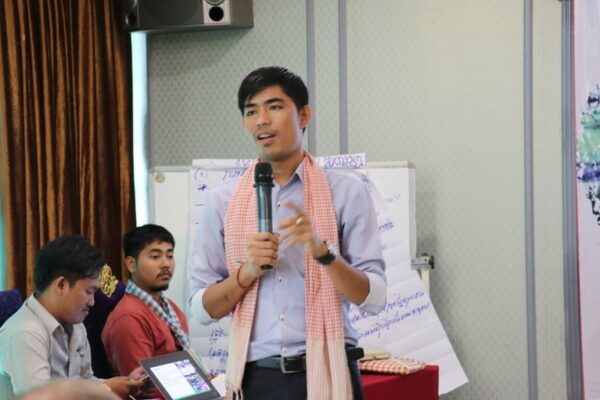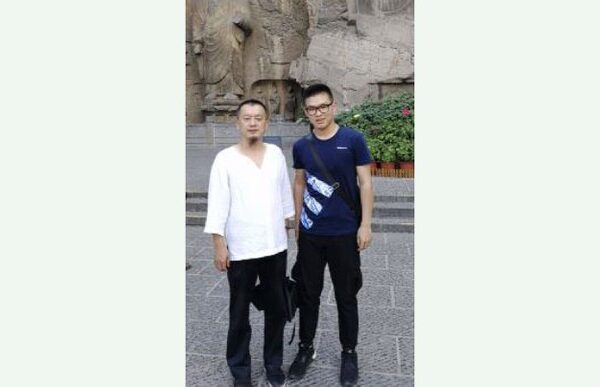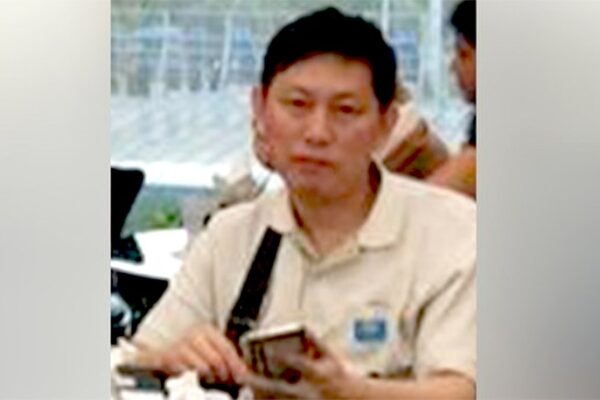
Myanmar’s junta increasingly relying on airstrikes, research group says
Myanmar’s junta is increasingly relying on airstrikes in its war against groups opposed to its rule, according to tallies compiled by Nyan Lynn Thit Analytica, an independent local research group, because its troops have faced fierce resistance on the ground. The military carried out 1,427 airstrikes across Myanmar since taking power by force in a coup d’etat on Feb. 1, 2021, the group said in a report released Monday. During the first four months of 2023, the junta launched 454 airstrikes – a rate that puts it on track for double the 2022’s total of 820, the group said. Most of the attacks have taken place in Kayin state and the Sagaing region – areas where junta forces have struggled to maintain control. Even former military officers have criticized the army’s reliance on airplanes. “The military uses its air power depending on the need for ground operations,” said Thien Tun Oo, executive director of the Thayninga Institute for Strategic Studies, which is made up of former military officers. “It’s funny to say that the military has to use its air power, as its ground troops cannot handle the battles,” he said. “That’s our opinion.” The number of people killed by junta airstrikes is also increasing every year, said Moe Htet Nay, a research and political adviser for Nyan Lynn Thit Analytica. In 2021, 74 civilians were killed; in 2022, 168 civilians were killed; and during the first three months of 2023, 192 have been killed, he said. Civilians hide in a cave after airstrikes and mortar attacks on their village in Doo Tha Htoo district in Myanmar’s eastern Kayin state, May 3, 2022. Credit: Free Burma Rangers/AFP Civilians targeted ‘indiscriminately’ The airstrikes are intended to bring chaos to anti-junta forces and to separate them from villages and civilian populations, Moe Htet Nay said. The most deadly airstrike came last month when 188 people were killed in Kanbalu township of Sagaing region on April 11. Political analyst Than Soe Naing believes the junta will continue to target airstrikes at civilian populations, in addition to the People’s Defense Forces, made up of ordinary citizens who have taken up arms against the military. “The military first used the air forces to relocate its ground troops,” he said. “But later, the air forces started attacking every possible target of the PDFs. Now, the junta launches airstrikes at any populated place indiscriminately.” Radio Free Asia reached out to a junta spokesman to ask about the airstrikes, but there was no response. Nyan Lynn Thit Analytica collected data on the airstrikes from reports in more than 40 news outlets, including RFA, Voice of America and Myanmar Now, and through the social media sites of more than 1300 PDFs. Burned remains of buildings cover the ground in a village in Doo Tha Htoo district in Myanmar’s eastern Kayin state, May 3, 2022. Credit: Free Burma Rangers/AFP Some villagers afraid to dig bomb shelters Kyaw Zaw, spokesman for the president’s office of the shadow National Unity Government, told RFA in early May that they are constructing a system that can notify the public in advance of incoming junta air strikes. The project also includes a proposal to build bomb shelter bunkers. But many villagers wouldn’t dare dig bomb shelter trenches because junta forces believe that families with bomb shelters are aligned with PDFs, according to a resident of Kanbalu township who refused to be named for security reasons. “How can we protect ourselves against the danger of their airstrikes during the battles? Their ground troops destroy our bomb shelters as they raid our places,” the resident said. Debris and soot cover the floor of a middle school in Let Yet Kone village in Tabayin township in the Sagaing region of Myanmar the day after an airstrike hit the school, Sept. 17, 2022. Credit: Associated Press Chinese and Russian entities have sent more than US$660 million in weaponry and other arms-related equipment to the junta since the coup, according to the United Nations’ special rapporteur for Myanmar, Tom Andrews. That includes Russian-made Mi-35 military helicopters, MiG-29 and Yak-130 planes and Chinese-made K-8 jet fighters that have been used by the military to target and destroy civilian homes and buildings, Andrews said in a report last week. Pro-democracy activists, including NUG acting President Duwa Lashi La, have called on the international community to stop the junta from purchasing military equipment and technology, and to cut off its sources of jet fuel. Translated by Myo Min Aung. Edited by Matt Reed and Malcolm Foster.




